An intervention aiming to improve spirituality significantly improved endothelial function and lowered systolic blood pressure, preliminary results of a new study suggested.
The intervention consisted of positive daily messages delivered using an app. Results at 12 weeks showed both lower blood pressure and improved flow mediated dilation.
 Dr Maria E. Figueiredo Teixeira
Dr Maria E. Figueiredo Teixeira"We must learn how to assess spirituality in our practices because it's part of being human, it's part of all of us, and it seems to have an effect on our health," study author Maria E. Figueiredo Teixeira, MD, PhD, Hypertension Unit, Federal University of Goiás, Goiânia, Brazil, told theheart.org | Medscape Cardiology.
"As doctors, we know how to treat a lot of things; we know about physiology and physiopathology, but there are still gaps that science has not been looking at."
The findings were presented on April 7 at the American College of Cardiology (ACC) 2024 annual meeting.
As hypertension is the leading cause of cardiovascular disease and the second leading cause of mortality worldwide, novel interventions are needed for its effective blood pressure control, the researchers noted.
The FEEL study included 100 Brazilian patients having hypertension, with a mean age of 57 years, who were randomized to the intervention or to a control group. The two groups were well balanced except the intervention group had more women, which "happens in small sample trials," said Figueiredo Teixeira.
At the beginning and end of the study, patients received cardiology consultations that included a review of lifestyle habits and medications and measurement of peripheral and central blood pressure, home blood pressure monitoring, and flow-mediated dilation (FMD).
FMD, which evaluates endothelial function, is considered "the best outcome evaluation for nonpharmacological and short-term interventions like this one," said Figueiredo Teixeira.
WhatsApp Messages
The intervention consisted of daily messages sent via WhatsApp based on four themes: Forgiveness, gratitude, purpose of life, and optimism. The messages contained a theme-related video, a self-reflection quote or a task related to the video content.
For forgiveness, participants learned the meaning of forgiveness, received information on how forgiveness can help cardiovascular health, and a task to work on. The task might be writing a message to someone who needs forgiving.
For the theme of purpose, subjects were asked to contemplate their aims. "We asked them what do they have to do today, what do they plan for the next few years, what makes them wake up every morning," said Figueiredo Teixeira.
The control group did not receive any intervention as "we were not able to find control messages," she said.
Patients continued to take their antihypertensive medications and follow their normal lifestyle habits during the study.
At the end of 12 weeks, the intervention group had an increase in FMD of 4.12 percentage points, from 10.2% to 14.3%, which was statistically significant (P = .004) "and the best result we got," said Figueiredo Teixeira. The control group experienced a decrease in FMD from 10.6% to 7.2%.
The intervention group also had a statistically significant (P = .001) drop in systolic blood pressure of 7.6 mmHg (from 129.0 to 121.4 mmHg), while the intervention group had no significant change.
The study did not compare spiritual pursuits with pharmacological or other interventions, but Figueiredo Teixeira said such pursuits "theoretically" lead to a greater reduction.
"If you reduce your daily salt intake, you can reduce your blood pressure by about 5 or 5.4 mmHg, and if you exercise regularly, you can reduce it by about the same amount, around 5 or 5.6 mmHg."
She said she can only speculate as to why spirituality affects FMD and blood pressure. It might reduce stress, deactivate the sympathetic nervous system, and modulate immune, inflammatory, endocrine, and maybe other pathways, but this needs further study, she said.
Setting Values
Figueiredo Teixeira noted that spirituality is not the same as faith or religiosity. While religion is an organized system of beliefs, practices and symbols designed to facilitate closeness with the transcendent or "Divine," "spirituality is more along the lines of setting values that guide your behavior, your life, your thoughts, and interpersonal relationships."
Religiosity refers to how much an individual believes, follows, and practices a religion and can be organizational (church, temple, or religious services) or nonorganizational such as praying, reading books, or attending religious programs.
The researchers had study participants complete questionnaires, including one asking about their religion. "We made statistical calculations and found religion — organizational or nonorganizational or either — was not related to any of our outcomes."
The results are a reminder that "good feelings may have positive effects, just as bad feelings may have bad effects," said Figueiredo Teixeira.
The researchers are planning larger studies. "This is an area of research that's just starting."
But Figueiredo Teixeira recognizes the difficulty of studying spirituality and that researchers like herself are learning along the way. "It's hard to assess an intervention on feelings and spiritual things and also to have a control group."
Really Positive Message
Commenting on the study for theheart.org | Medscape Cardiology is Eileen Handberg, PhD, research professor of medicine, and director of the clinical trials program, at University of Florida, Gainesville, Florida.
This study sends a really positive message, she said. "It says you have some control and that what you surround yourself with matters."
It appears tapping into your feelings in terms of positivity lowers blood pressure almost as much as some medical therapies, "so why wouldn't you try and harness that?"
The results are in some ways not surprising, as hypertension can be at least partially stress-related, said Handberg, adding that research also shows mental stress affects ischemic heart disease.
But while what we allow into our lives via our phone can have a positive impact, it can also have opposite consequences, with "slick" algorithms potentially "taking you down a very negative pathway."

.webp) 2 weeks ago
6
2 weeks ago
6

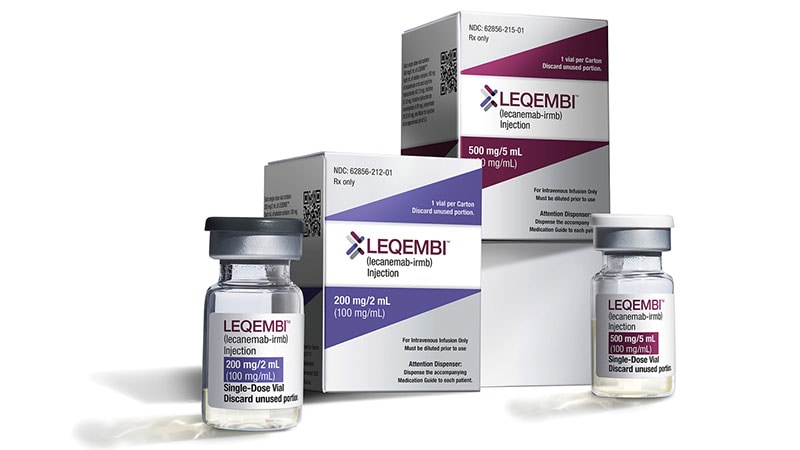

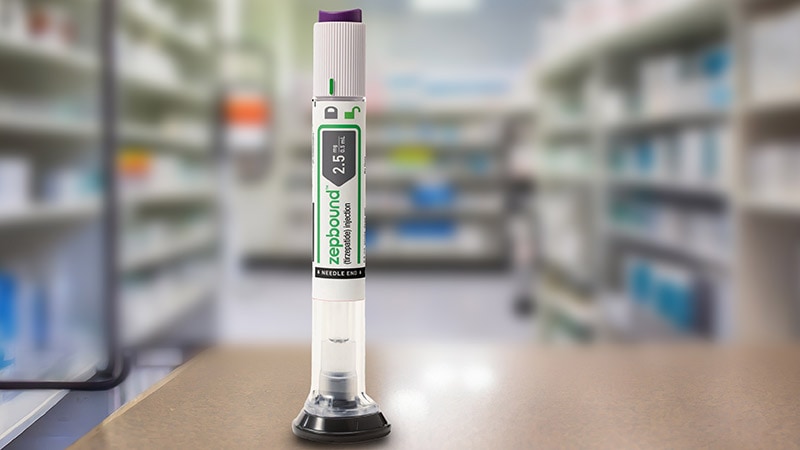



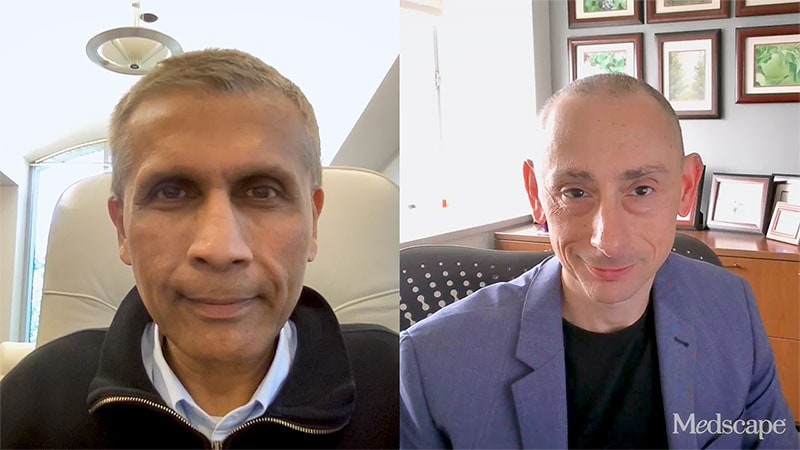



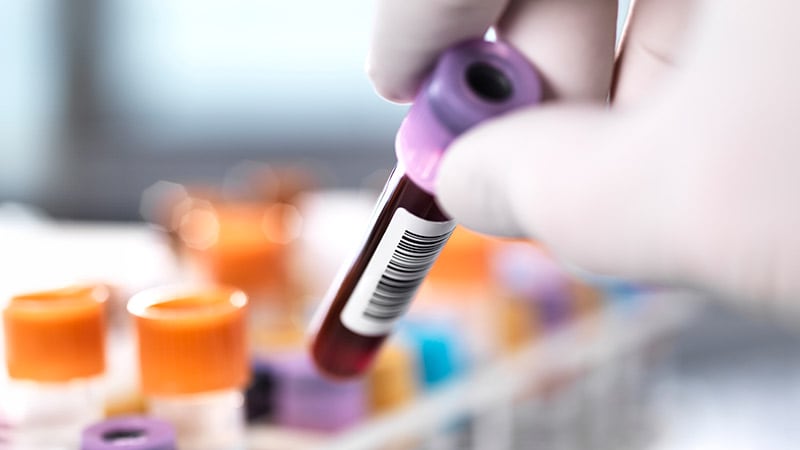
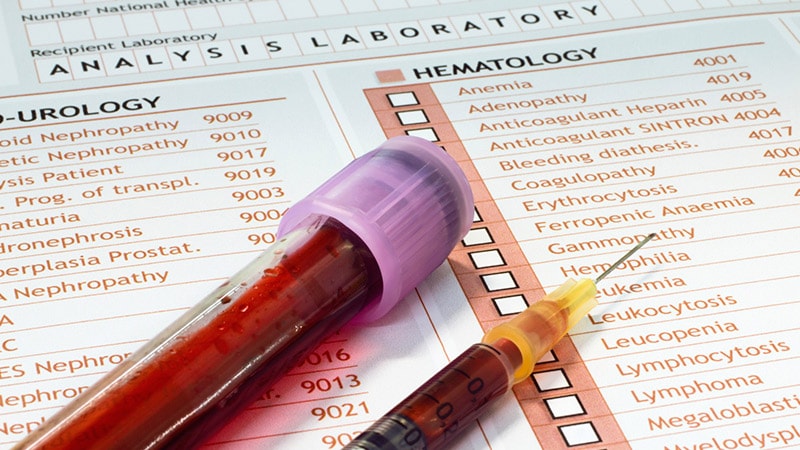














 English (US)
English (US)